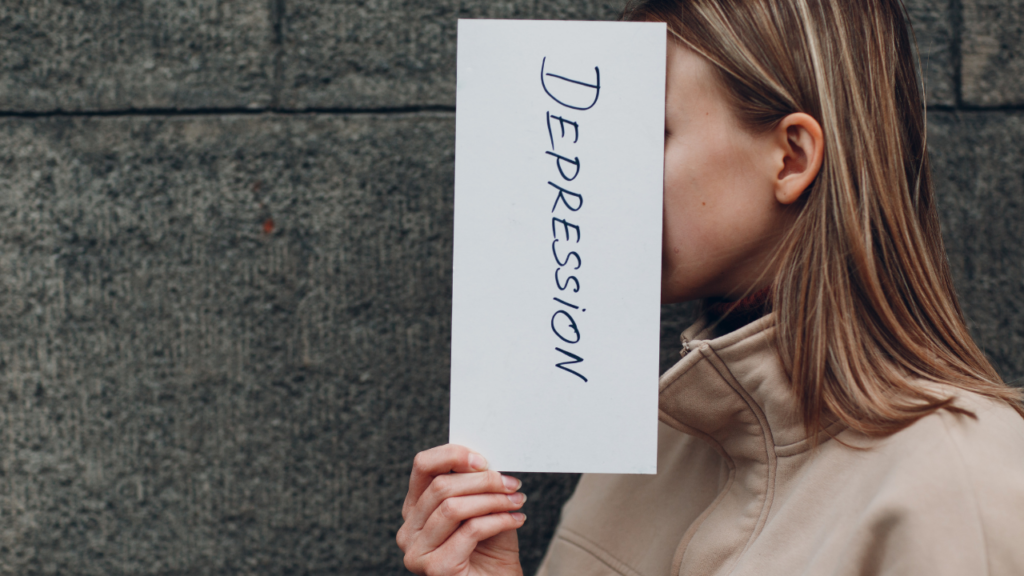
Depression is often described as a shadow that lurks just out of sight, casting a pall over one’s life with an insidious grip. It’s a mental health condition that affects millions of people worldwide, yet it remains shrouded in misunderstanding and stigma. To effectively address and manage depression, it’s crucial to understand its nature and symptoms comprehensively.
What is Depression?
Depression, or major depressive disorder (MDD), is a serious mood disorder that extends beyond the occasional feelings of sadness or disinterest. It impacts a person’s ability to function daily, influencing their thoughts, emotions, and behaviors. Unlike fleeting bouts of sadness, depression is persistent and can last for weeks, months, or even years if left untreated.
Common Symptoms of Depression
Depression manifests in various ways, and its symptoms can vary from person to person. However, some common signs include:
- Persistent Sadness: A prevailing sense of sadness or emptiness that doesn’t seem to go away. This feeling can be overwhelming and may not improve with time or normal coping strategies.
- Loss of Interest: A significant decrease in interest or pleasure in activities once enjoyed, including hobbies, social interactions, and even daily tasks. This symptom can lead to withdrawal from social circles and previously enjoyable activities.
- Changes in Appetite and Weight: Noticeable changes in appetite or weight, either an increase or decrease, can be a sign of depression. Some may experience emotional eating, while others may lose interest in food altogether.
- Sleep Disturbances: Depression often affects sleep patterns, leading to insomnia (difficulty falling or staying asleep) or hypersomnia (excessive sleeping). These disturbances can exacerbate feelings of fatigue and irritability.
- Fatigue and Low Energy: Persistent feelings of fatigue or a lack of energy, even after adequate rest, can be indicative of depression. This can affect a person’s ability to carry out everyday tasks.
- Feelings of Worthlessness or Guilt: Individuals with depression may experience intense feelings of worthlessness, guilt, or self-blame, often over trivial matters. These negative self-perceptions can further diminish self-esteem.
- Difficulty Concentrating: Trouble focusing, making decisions, or remembering things can be a symptom of depression. Cognitive impairment can affect both personal and professional aspects of life.
- Physical Symptoms: Depression can also manifest as unexplained physical symptoms, such as headaches, back pain, or digestive issues, which do not respond to conventional treatments.
- Thoughts of Death or Suicide: In severe cases, depression may lead to thoughts of death or suicide. This is a critical symptom that requires immediate attention and intervention.
Understanding the Impact
Depression is more than just a state of mind; it affects various aspects of life. It can strain relationships, hinder job performance, and impact overall quality of life. Understanding its symptoms is vital for early intervention and effective treatment.
Seeking Help and Treatment
Recognizing depression and its symptoms is the first step toward seeking help. Mental health professionals, such as psychologists and psychiatrists, can provide a proper diagnosis and recommend appropriate treatment options, which may include psychotherapy, medication, or a combination of both. Additionally, support from family and friends plays a crucial role in recovery.
Unveiling the shadows of depression involves understanding its multifaceted symptoms and recognizing its impact on daily life. By shedding light on this condition, we can foster greater empathy, reduce stigma, and encourage individuals to seek the help they need. Depression is a serious but treatable condition, and with the right support and intervention, individuals can reclaim their lives from its shadow.